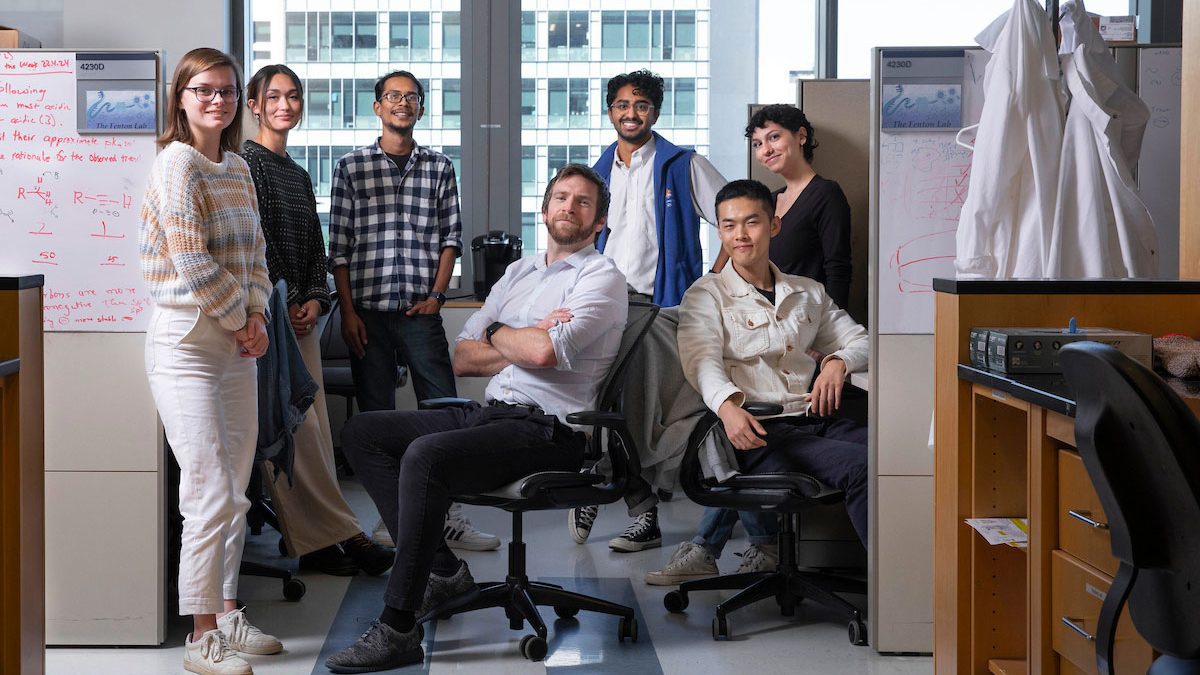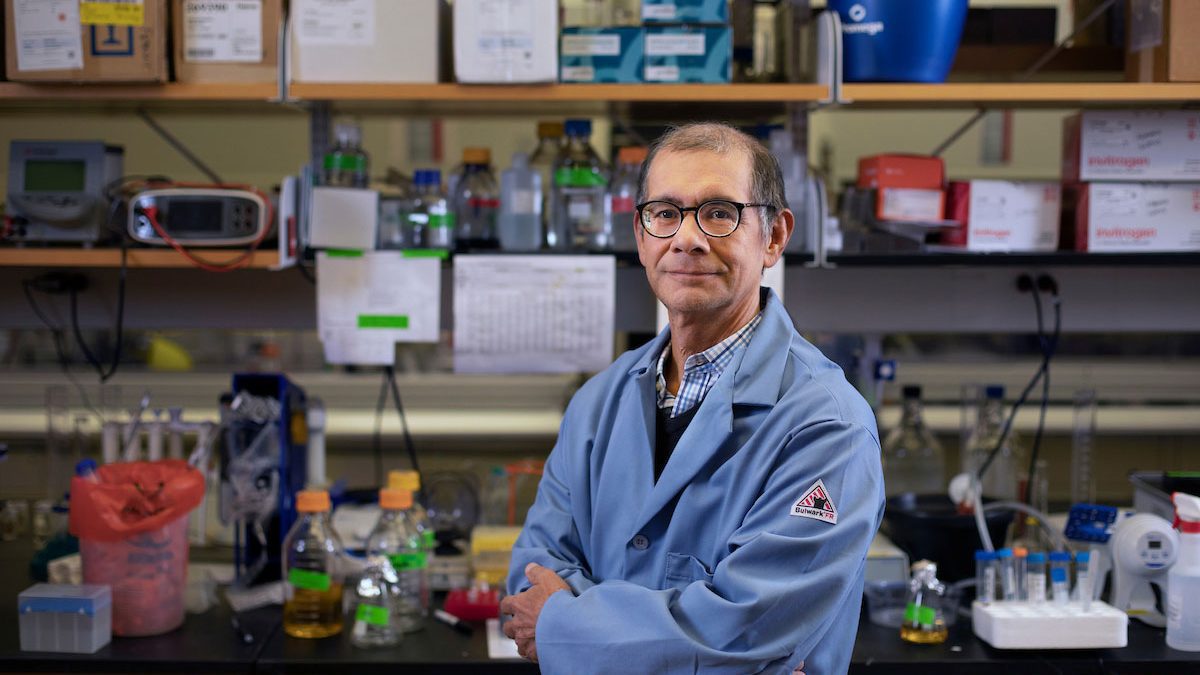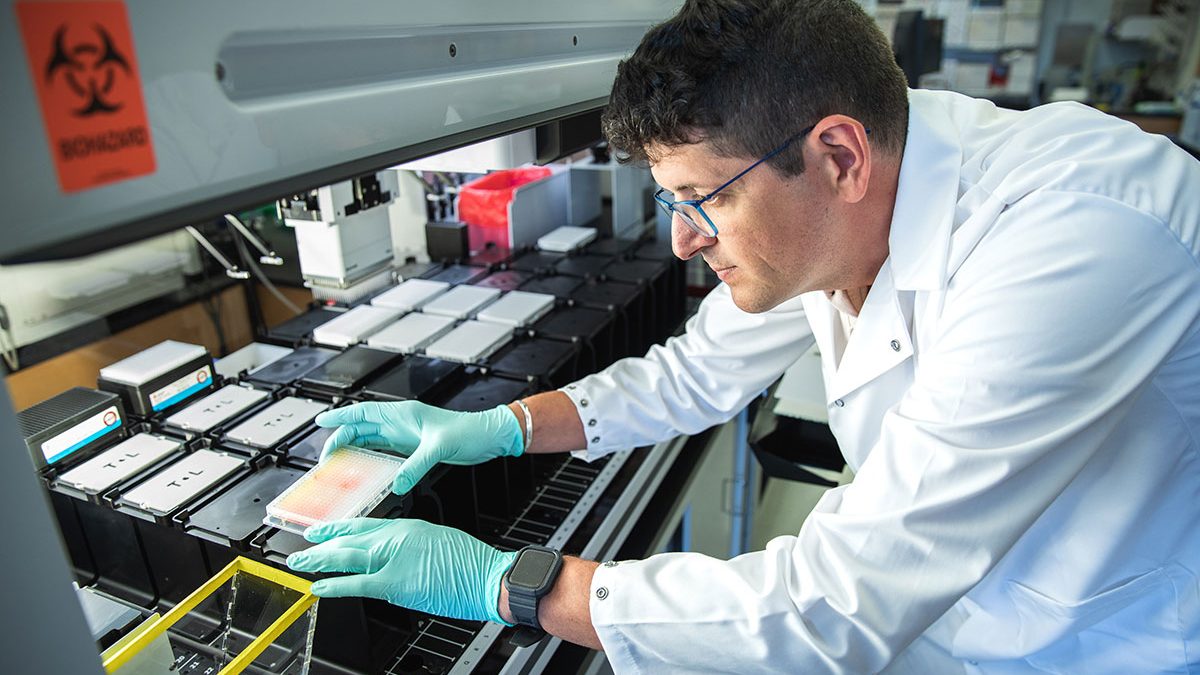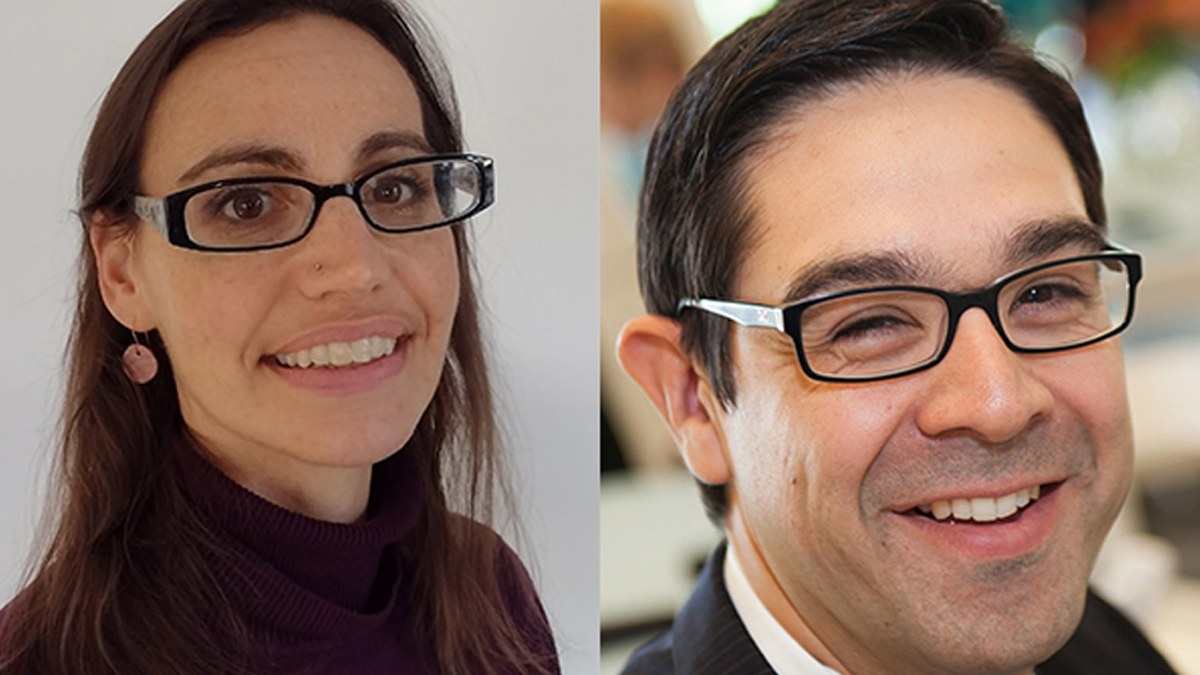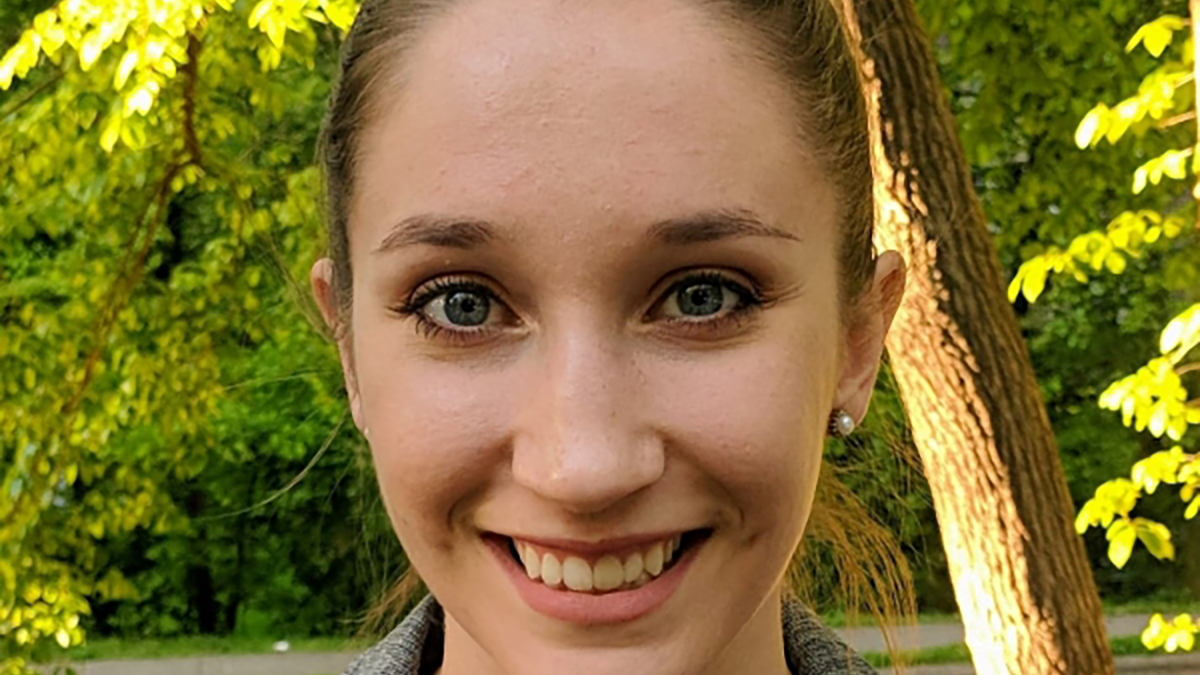Smarter Organ Transplants
Published on October 18, 2022The UNC Eshelman Institute for Innovation's Venture Studio invested in technology for smarter organ transplants.

The UNC Eshelman Institute for Innovation's Venture Studio invested in technology for smarter organ transplants.
When a patient needs an organ transplant the process of matching the recipient with a compatible donor is complex – and has to be completed in mere hours before the organ expires.
Eric Weimer, associate professor of pathology and lab medicine at UNC-Chapel Hill, leads the team that assesses compatibility between solid organ recipients and the deceased donors with whom they are matched. He has long noticed a connection between how well recipients tolerate a new organ and whether or not they share certain biological factors with their donor. He believed that virtual crossmatching, or using technology to identify the best recipient-donor matches, could improve access to donated organs and allow organs to function longer in recipients’ bodies.
He knew that building this technology would require deep mathematical expertise, so he went to the College of Arts and Sciences website and searched the mathematics department’s faculty page. After seeing that associate professor Katie Newhall had expertise in biological modeling, he sent her a cold email asking if she’d like to discuss a possible collaboration.
“I really believed that if we could get this right, we could build something that would improve patient outcomes and increase access to organs,” said Weimer.
It’s been more than six years since Newhall and Weimer connected, and in that time they have built a machine learning process to predict immunologic compatibility, or the likelihood that a recipient’s immune system will accept or reject a donor organ. The work to date has analyzed historical matches, but the team expects it will be used for active cases – matching patients currently in need of a new organ with their most compatible donor – within the next year.
Weimer and Newhall’s technology was selected by the UNC Eshelman Institute for Innovation’s Venture StudioOpens in new window to receive a capital investment, be licensed out and launch the new start-up Epulate. Weimer and Newhall serve as company advisors, but the addition of a CEO, chief technology officer and investor team are providing the business support needed to move the technology toward commercialization and use in the real-world.
Both Weimer and Newhall agree that they never would have gotten where they are now without collaborating.
“I loved working on such an interdisciplinary project – it’s one of the big reasons why I became an applied mathematician,” said Newhall. “Each discipline has carved out as much as they can on their own and now you have to come together with those from other disciplines to make real progress.”
Seven other transplant centers have signed up to pilot the technology, which will give the team access to much broader geographic and demographic data that can then be used to further train and improve the algorithm.
